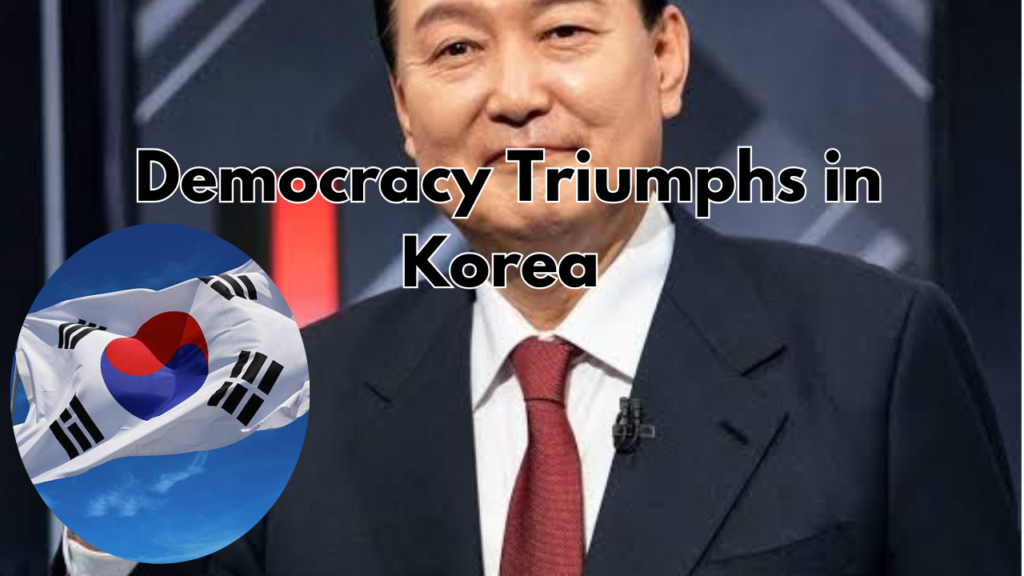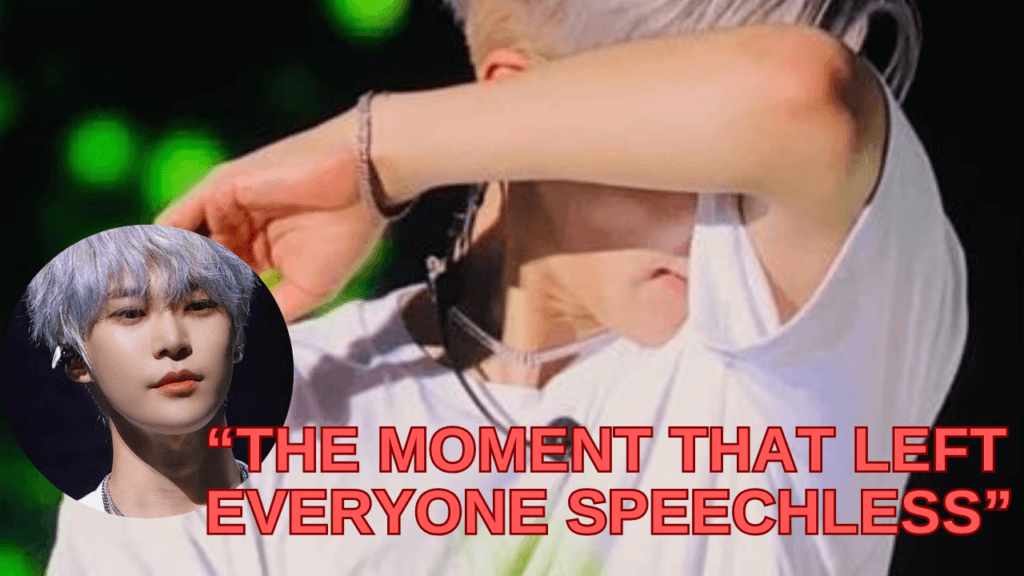South Korea’s National Assembly made a historic move by blocking President Yoon Suk Yeol’s emergency martial law declaration. The unprecedented vote showcased the strength of South Korea’s democratic institutions. This dramatic development unfolded during a tense night at the parliament, marking a pivotal moment in the nation’s political landscape.
Democracy in Action
The National Assembly demonstrated remarkable unity when all 190 attending members voted to block the martial law. Opposition lawmakers stood firm against military presence at the parliament building. The Democratic Party, which controls 170 seats, led the charge against the presidential decree. This display of solidarity across party lines highlighted the parliament’s commitment to protecting democratic values.
Members from both major parties worked through the night to ensure the vote’s success. Security personnel maintained order while allowing democratic processes to unfold naturally. The atmosphere in the assembly hall remained charged yet dignified throughout the proceedings.
President’s Emergency Declaration
President Yoon Suk Yeol’s martial law declaration came through a televised briefing that shocked many citizens. He cited concerns about pro-North Korean forces and claimed to protect constitutional democracy. The president accused the opposition of paralyzing government functions through anti-state actions.
The declaration sparked immediate controversy across South Korea. Political analysts questioned the timing and necessity of such extreme measures. Civil society organizations rallied to support parliamentary opposition to the decree.
Parliamentary Response
The parliament’s swift response highlighted South Korea’s commitment to democratic principles. Military personnel quickly withdrew from the Assembly grounds after the vote. Opposition leaders remained in the main hall until the formal lifting of martial law.
International observers praised the Assembly’s decisive action. Democratic nations worldwide expressed support for South Korea’s parliamentary process. The event demonstrated the strength of the country’s democratic institutions under pressure.
Constitutional Implications
Legal experts examined the broader implications of this historic vote. The blocking of martial law set a significant precedent for future executive actions. Constitutional scholars debated the balance of power between different branches of government.
The Supreme Court prepared to review related constitutional matters. Legal committees began drafting measures to prevent similar situations. The event prompted discussions about potential reforms to emergency powers.
Public Reaction
Citizens gathered peacefully outside the National Assembly building. Social media platforms buzzed with supportive messages for the parliament’s decision. Korean news outlets provided round-the-clock coverage of developments.
Many South Koreans expressed relief at the peaceful resolution. Young voters particularly praised the parliament’s protection of democratic values. The event united citizens across political divides in support of democratic principles.
Final Thoughts on South Korea’s Democratic Victory
The blocking of martial law marks a significant moment in South Korea’s democratic history. The unified response from lawmakers across party lines demonstrated the nation’s political maturity. This event will likely influence future discussions about executive powers and democratic safeguards.
The international community continues to monitor these developments closely. South Korea’s example may inspire other nations facing similar challenges. What are your thoughts on this historic moment in South Korean politics?







